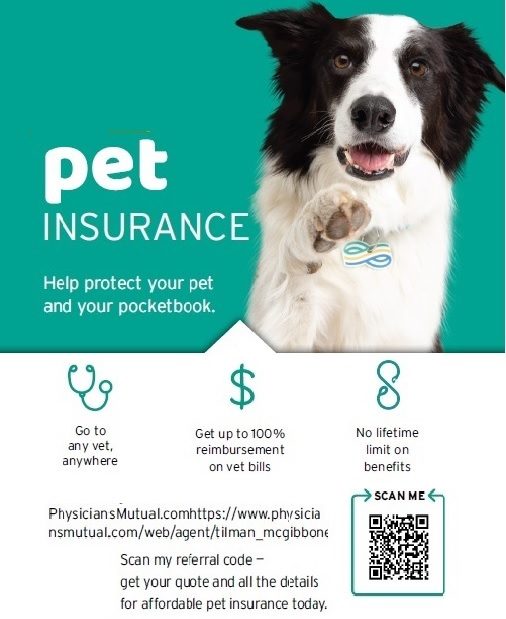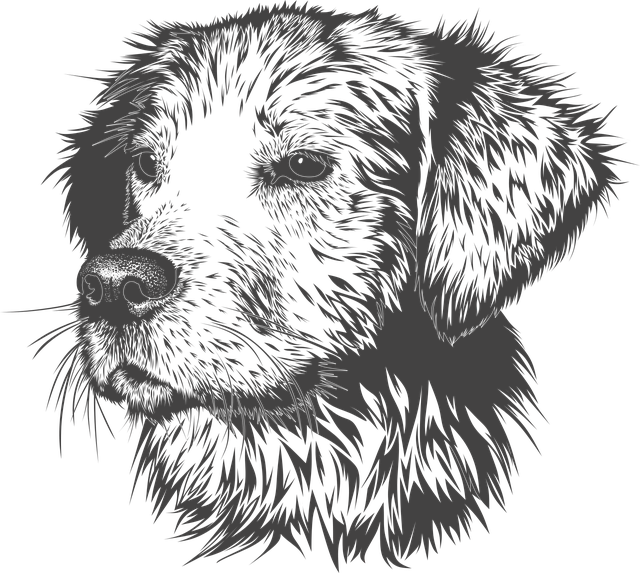Essential Fatty Acids (EFAs) are a requirement in all people’s eating regimen, for both human and animal. However, the body can not produce EFAs on its own, so it must be added to the diet each day. The maximum commonly acknowledged fatty acids are omega 3 (linoleic acid) and omega 6 (alpha-linoleic acid). The diets of our pets, like humans, tend to encompass greater omega 6 fatty acids in place of omega three. This is an imbalance that needs to be improved upon.
Omega 3 fatty acids are vital as they help with the proper formation of cellular membranes, cardiovascular functions, nourish the lining of the digestive tract, and work to preserve your pet’s pores and skin and coat clean, smooth and bright. Another crucial characteristic of omega 3 fatty acids is they paintings to lessen inflammatory issues within the frame. If you find your pet’s coat is stupid and brittle or if he/she has a tendency to have dry pores and skin and scratch plenty, it could be due to a loss of this specific fatty acid.
There are distinct types of crucial fatty acid supplements which are available, but which sort you choose to supplement your dog or cat’s diet can be a piece of a predicament.
Pure plant oils consisting of flax oil, evening primrose oil, safflower oil or a blend of plant oils is a good alternative to fish omega-three fats. These need to be `bloodless-pressed` oils, in preference to oils which are typically extracted with chemical solvents. The hassle with plant oils is that animals have a more difficult time changing the fatty acids to a shape pleasant used by the animal’s system.
Fish oils, including salmon oil, halibut liver oil, or cod liver oil are extra easily converted and used by an animal’s frame. The downside is that fish oils frequently incorporate lethal pollution, such as excessive levels of dangerous PCBs, dioxins and detectable levels of mercury. Farmed salmon is the worst for infection and carries less omega three acids than wild salmon. At gift nearly 30% of all fish are farmed, with salmon being within the 90% farmed variety. As nicely, farmed salmon are regularly vendors of sickness and parasites. When supplementing your puppy’s food plan with fish oils, choose oils that come from wild resources, now not farmed.
There also are mixed fish and plant oil dietary supplements to be had. These often consist of a combination of salmon or cod liver oil and flax, safflower or other such oils that provide a aggregate of 3 to 4 elements omega 3 oils to 1 part omega 6 oils. Giving your animal a aggregate fish/plant supplement may be a very good opportunity to recall, as they ought to incorporate fewer toxins on account that they’re not strictly fish oils, yet still have to be higher assimilated by means of the animal’s body than instantly plant oils.


